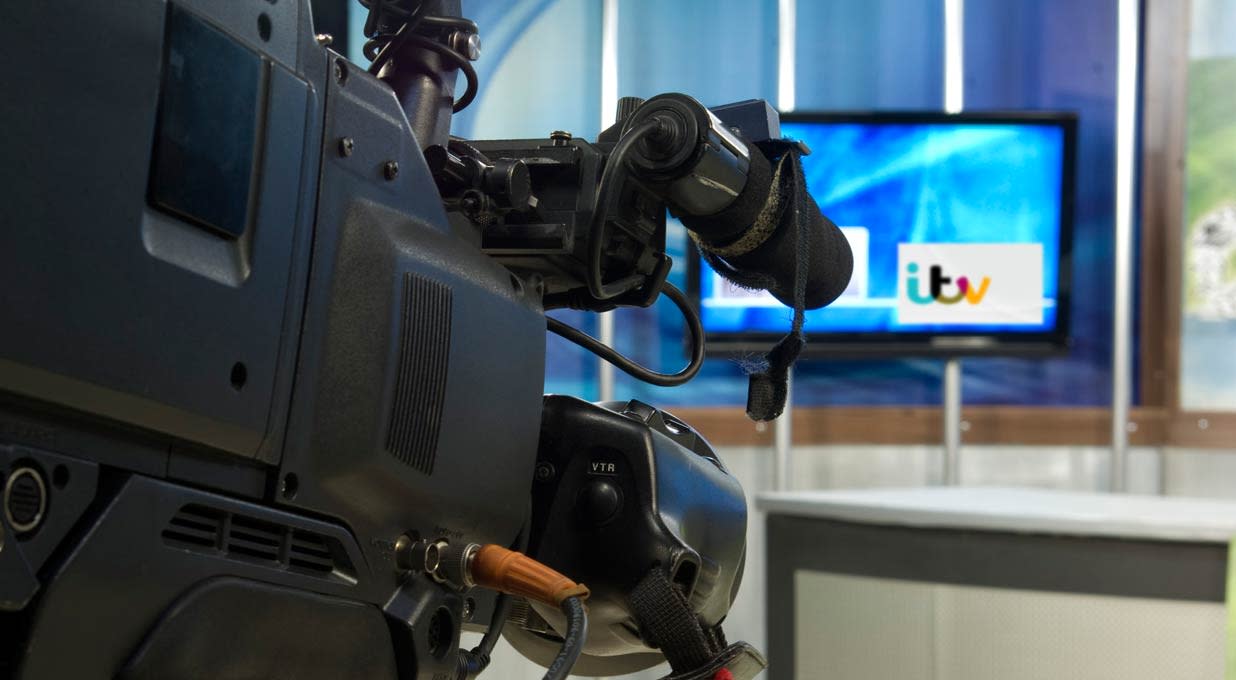ITV has sold its entire 50% stake in digital video subscription service BritBox International to BBC Studios for £255mn. After taxes and the repayment of loans, ITV should receive £235mn in cash. This represents around 10% of their market capitalisation.
The Board intend to return all net sale proceeds to shareholders through a share buyback scheme, launching after full-year results on 7 March.
The shares rose 13.9% in early trading.
Our view
ITV relies on companies paying to advertise on its traditional television channels. Companies are snapping marketing purses shut as they buckle down for the unknown over the coming months, and that makes moving ITV's top-line in the right direction a very difficult task. The structural decline in broadcast advertising isn't exactly a new bulletin, but the extent of the challenges are becoming more pronounced.
One bright spot is digital advertising, which is growing much faster. ITVX, the new streaming platform launched at the end of last year, has come out the blocks firing. A successful launch, and the momentum it gives, was vitally important for ITV's transition away from the declining audiences that traditional broadcast attracts. While momentum is positive, ITV's digital offerings don't yet have enough scale to carry the weight of weakness in the free-to-air side of things.
Getting to that point won't be straightforward either. There's no getting away from the sheer scale of competition in this sector. The US giants have substantially deeper pockets to throw at growing market share too. But ITV are being proactive in streamlining operations to fight these bigger names. The sale of their 50% stake in BritBox International should allow more time and resource to be spent building on ITVX's success and growing ITV Studios.
The Studios business makes and distributes shows in the UK and abroad. Some of these are sold back to ITV's Media & Entertainment business, but other blockbusters like Line of Duty are made for others. ITV retains the rights to a huge slate of produced global content. Studios is the only thing driving revenue upwards for the group. Our new binge-watching cultures mean established streaming giants and other channels are desperate for high quality content.
But running a production company doesn't come cheap. Margins are unlikely to ever shoot the lights out. The likes of Netflix can attest to the cash-pit that content generation can be. At the same time, a chunk of revenue in this business is still tied to the less glamourous terrestrial TV side of things, and demand for content here is proving tricky.
Underlying net debt isn't overly high, which adds a layer of flexibility. Cash flow's reasonably healthy and will benefit from the £255mn sale of its 50% share of BritBox International. The net proceeds of £235mn are expected to be returned to shareholders through a share buyback scheme, launching after full-year results on 7 March. Please remember no shareholder return is ever guaranteed, especially when the outlook remains rocky for the group.
Ultimately, ITV has come a long way. But the longer-term picture becomes muddied by concerns over digital competition and the economic environment. Having the right idea is entirely different to being able to deliver the shift fast enough to offset the structural decline in broadcast advertising. We think there could be further challenges ahead.
ITV key facts
All ratios are sourced from Refinitiv, based on previous day’s closing values. Please remember yields are variable and not a reliable indicator of future income. Keep in mind key figures shouldn’t be looked at on their own – it’s important to understand the big picture.
This article is not advice or a recommendation to buy, sell or hold any investment.No view is given on the present or future value or price of any investment, and investors should form their own view on any proposed investment.This article has not been prepared in accordance with legal requirements designed to promote the independence of investment research and is considered a marketing communication.Non - independent research is not subject to FCA rules prohibiting dealing ahead of research, however HL has put controls in place(including dealing restrictions, physical and information barriers) to manage potential conflicts of interest presented by such dealing.Please see our full non - independent research disclosure for more information.


